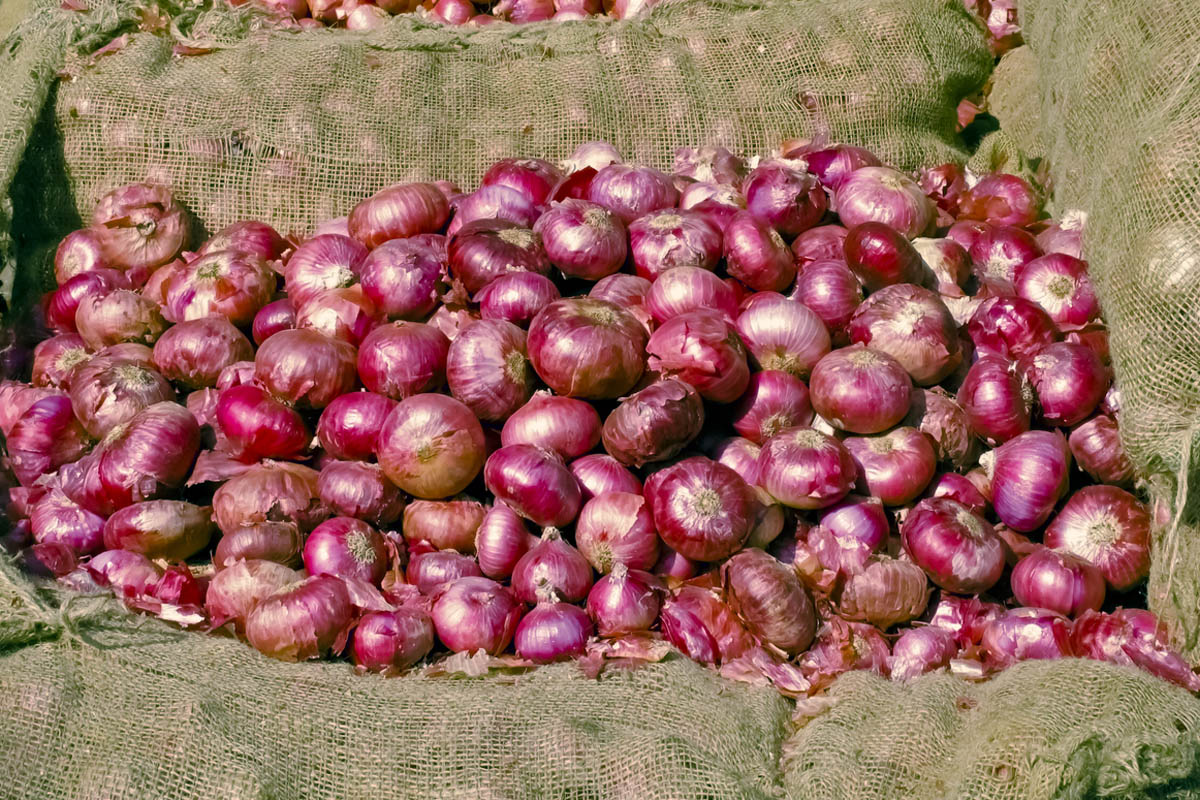The West Bengal government, in the next three years, is aiming at becoming self-sufficient in the production of onions while it has undertaken experimental cultivation of exotic fruits like walnuts and saffron, after the “successful cultivation of dragon fruits and avocados.”
Speaking at the seminar ‘Food Processing in West Bengal: New Opportunities for Growth’, organized by Bharat Chamber of Commerce, Bengal’s minister of state, department of food processing industries and horticulture, Dr Subrata Saha today said that the state government in the next three years is aiming at becoming self-sufficient in the production of onions but pointed out that despite the state being self-sufficient in many crops, there is a lack of processing units for the raw materials.
Advertisement
The minister added that the primary objective of his department is to leverage the food sector by promoting healthy and hygienic food from Bengal in the global platform, as well as formulation of strategies for employment generation both in agriculture and food processing sectors. In order to capture global markets, he also emphasized the importance of “packaging and presenting traditional food products from Bengal like ‘Gurer Moya’ and ‘Narkel Nadu’.
Speaking on the scope of the growth of this sector, Dr. Subrata Gupta, additional chief secretary of the department said, “With a fast change in the lifestyle of people, the food processing sector is poised for a dynamic transition. In this backdrop, with the concerted efforts of the state government and the industry, the 2.8 per cent of total fruits and vegetables which is produced at present, can be substantially increased.”
He highlighted that the Bengal government has undertaken experimental cultivation of exotic fruits like walnuts and saffron, after the successful cultivation of dragon fruits and avocados.
Responding to the need of strengthening the infrastructural framework for the storage of harvested crops he urged the private sector to invest in backward integration of food supply, particularly in cold storage, packhouses and NABL accredited laboratories.











